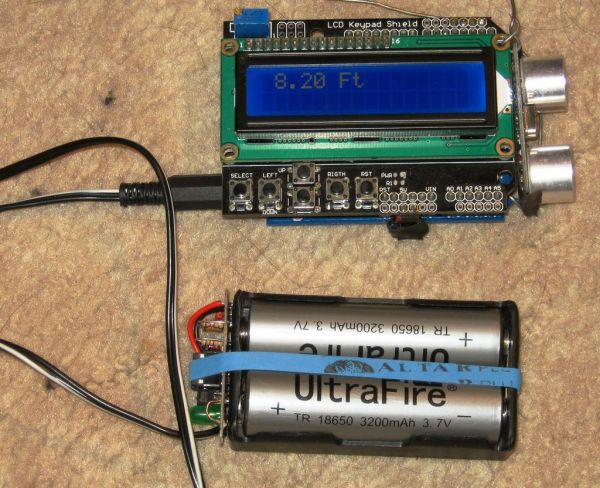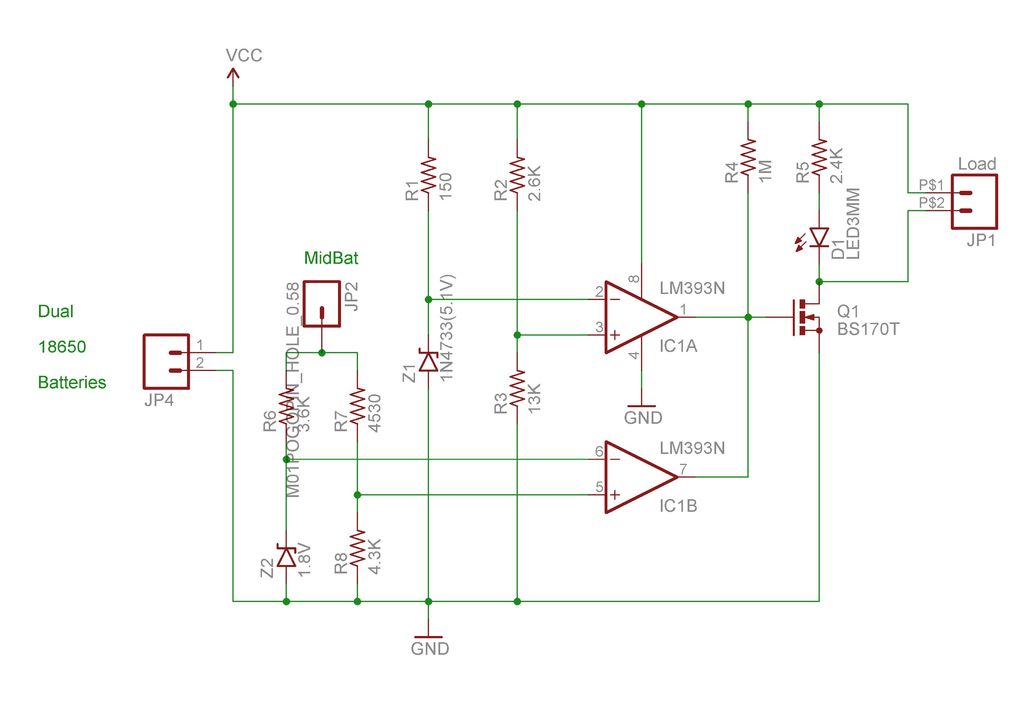As many of you may know, this Lazy Old Geek loves Arduinos. Many of my projects are portable and need a battery source:
http://www.instructables.com/id/Arduino-Pedometer/
http://www.instructables.com/id/Arduino-Nokia-LCD-Sensors/
http://www.instructables.com/id/Ultrasonic-Tape-Measure/
All pricing was determined about early 2012.
So, I’ve been using Adafruit 6 AA Battery holder $5.00
https://www.adafruit.com/products/248
with 6 AA rechargeable batteries. (See Picture)
Another choice would be Adafruit 9V Battery holder $3.95
https://www.adafruit.com/products/67
My Complaint:
Here’s why I don’t like 9V alkaline batteries
Expensive ~$3
Low capacity ~600 mAh
One time use
In comparison, I bought 16 AA 3000mAh NiMH rechargeable batteries for $9.38 on ebay.
6 AA rechargeables would cost $3.50 but would have 5x the capacity and are rechargeable.
My Complaint:
Okay, so I’m a Geek and I’m not really satisfied with the 6 AA battery setup.
- It’s pretty heavy and bulky.
- My battery chargers will only take four batteries at a time, so I either have to charge them in two stages or use two different chargers. But I’m Lazy.
So, naturally, I’ve been looking for an alternative.
Hark! I find out about the 18650. These are Li-Ion batteries nominally 3.7V.
Li-Ion batteries are like those used in most laptops. Now, I did some research on Li-Ion batteries and like them:
Step 1: 18650 Battery
I bought 6 18650 3200mAh batteries for $10.85 on ebay. I don’t think this is still available but you might find pricing pretty similar.
The 18650 battery is nice but it does have its own problems.
Problem: It is a little bigger than a AA battery so it needs its own holder.
Solution: You can buy a two battery holders for $1.08 on ebay. (See Picture)
Problem: It is not a standard voltage so needs its own charger.
Solution: I bought a charger for $3.46 on ebay. (See Picture)
Problem: A bigger problem is that the batteries I bought are ‘unprotected.’ This is a little different from NiMH batteries which can be discharged down to about ½ a volt. If Li-Ion batteries are discharged too much they will not be rechargeable. The 18650 is nominally 3.7 volts, will charge to about 4.25 volts but should not be discharged below about 2.7 volts. I believe there are some other requirements about not charging incorrectly but I am (assuming) my charger is taking care of this. And not discharging too fast but hopefully my circuits will prevent this.
******************************************************************************************
Warning: If appropriate charge and discharge methods are not used, there apparently is some danger of the 18650 batteries exploding.
******************************************************************************************
Solution1: You can buy ‘protected’ 18650 batteries with the circuitry built in. However, they seem to be about twice the cost.
Solution2: You can buy individual battery protection circuits and add them to your batteries. I just found a protection circuit for $1.27 from Deal Extreme.
Arduino: Since I am designing a battery for the Arduino, I will need to use two 18650 batteries in series. This will provide a nominal 7.4 Vdc and up to 8.5 Vdc when fully charged. This will work fine for Arduinos with voltage regulators.
Solution3: You can buy battery protection circuits designed for two batteries. Here’s one for $4.49:
http://www.batteryjunction.com/pcb-7-2.html
Solution4: Now I am a Geek so I decided to build my own.


